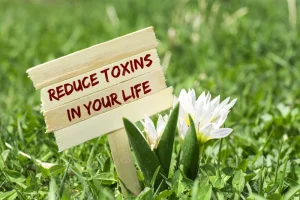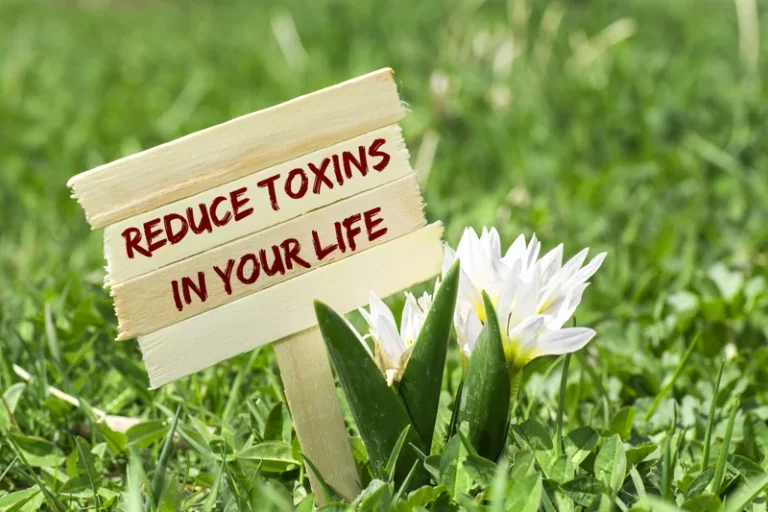
The immune system responds to alcohol by releasing cytokines, which are inflammatory substances that enhance feelings of illness and discomfort. Collectively, these reactions contribute to the typical symptoms experienced during a hangover, affecting the body’s neurological, gastrointestinal, and cardiovascular systems. Alcohol hangovers last up to 24 hours, with symptoms peaking when blood alcohol concentration returns to almost zero. The only way to prevent a hangover is to avoid alcohol entirely or drink in moderation, giving the body plenty of time to process the alcohol before consuming more. A hangover refers to symptoms that result from drinking alcohol, usually the next day.
Hangover Remedies (Natural)
Some people say that getting fluids through an IV can help Alcoholics Anonymous ease hangover symptoms. This method has the informal name of “drip bar.” It can be pricey, and health insurance doesn’t cover the bill. But there’s no need to pay for IV fluids when you can drink a glass of water for free. Getting an IV insertion increases your risk that a vein may clot or become inflamed, or the injection site could become infected. The best approach to a hangover is to simply help your body recover.
- Hangover symptoms vary from person to person and include both physical and psychological effects.
- Clear liquors, such as vodka and gin, have comparatively lower concentrations of congeners.
- But if you can find Korean pear juice at your local supermarket, it doesn’t hurt to try a glass before you go out drinking.
- You drank too much last night, and now you feel it all over your body.
- You may end up feeling more restless, anxious and irritable than before you drank.
Alcohol Sales Spike During COVID-19 Quarantine
In some instances, symptoms of a hangover can begin before the effects of alcohol have worn off. This is usually the result of very heavy alcohol intake or metabolic issues (such as liver or kidney failure). There are several factors that contribute to a hangover.

Common Hangover Myths
- Each term reflects cultural and linguistic perceptions of this common phenomenon.
- If you or a loved one has a chronic drinking problem, it is important to seek professional help.
- While home remedies can provide relief, moderate drinking or abstaining from alcohol is the most effective way to prevent hangovers.
- You may think your hangover is under control and you’re doing great, but there are some symptoms you may not even realize you have.
- At peak BAC of 0.11% to 0.12%, hangover symptoms emerge as BAC declines, reaching maximum severity when BAC approaches zero.
- The same enzymes process ethanol and methanol, but methanol metabolites are especially toxic, so they may cause a worse hangover.
Hangovers impair cognitive functions, including attention, decision-making, and muscle coordination. This can lead to risky behaviors such as driving under the influence or injuries at work. Repeated heavy drinking can also have long-term health consequences. In the worst case scenario, a hangover can mask alcohol poisoning. Alcohol poisoning can be deadly and should be considered a medical emergency.

Hangover Remedies FAQs
“There is a blood brain barrier, which acts as a gateway for substances like proteins and nutrients to get into the brain. Alcohol crosses this barrier very quickly, which is why acute alcohol exposure happens,” says Northwestern Medicine Neurologist Kapil Sachdeva, MD. When you consume how long does a hangover last alcohol, it becomes absorbed into your bloodstream until the liver can break it down. Once in the bloodstream, it only takes roughly five minutes to reach your brain, and effects peak after 30 to 90 minutes. In addition, it has also never been shown in a study that age affects the severity of hangovers.

